|
|
|
Editor's note
|
|
Zimbabwe has just held historic elections, the first without Robert Mugabe since independence in 1980, and incumbent Emmerson Mnangagwa has been declared the winner. The opposition led by Nelson Chamisa has disputed the poll. Cheryl Hendricks writes that the outcome needed to be credible because the country needs a legitimate government, with a strong mandate, to rebuild its shattered economy.
In many African countries, term limits have been introduced to curtail the concentration of power in the hands of lifetime rulers. Togo, where the Gnassingbé family has ruled for nearly half a century, is a case in point. Anja Osei writes that the West African country’s situation illustrates the challenges of trying to introduce constitutional reform.
Meanwhile, in Ethiopia, Prime Minister Abiy Ahmed has already shown that he’s a different breed of politician. He’s admitted to past errors committed by his party, and he’s reached out to former foes in a bid to mend fences. Mohammed Girma welcomes Abiy’s use of reconciliation rather than a show of force, but warns that the new prime minister needs to make sure he also delivers justice.
And in Asia, Imran Khan is Pakistan’s new prime minister. The world famous cricketer who captained Pakistan’s cricket team in its glory days in the 1980s and early 1990s has slowly been building his power base and now his efforts have paid off. Parveen Akhtar profiles the Oxford-educated politician who is Pakistan’s new leader.
|
Thabo Leshilo
Politics + Society Editor
|

|
|
Top Stories
|
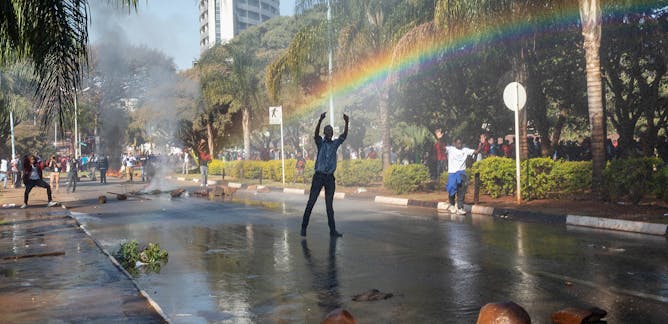
Cheryl Hendricks, Human Sciences Research Council
If the MDC-Alliance claims Zanu-PF and Zimbabwe's electoral commission rigged the elections, the onus is on them to prove it.
| |
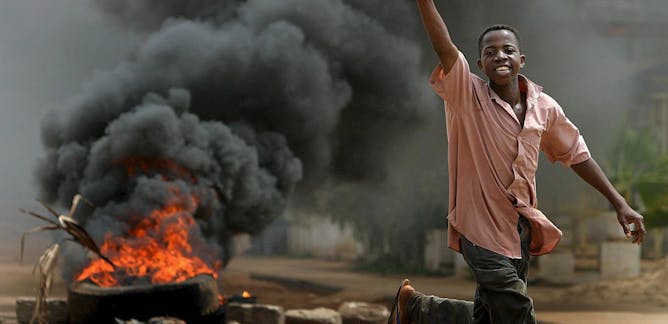
Anja Osei, University of Konstanz
Togo illustrates the difficulty of moving away from personalised politics.
|

Mohammed Girma, University of Pretoria
Ethiopia's Prime Minister Abiy Ahmed needs to strike a balance between forgiveness and justice.
| |
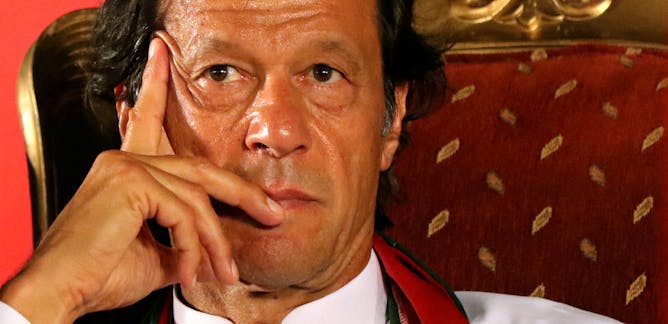
Parveen Akhtar, Aston University
Pakistan's new leader has been battling to get into office for years.
|
|
|
Environment + Energy
|
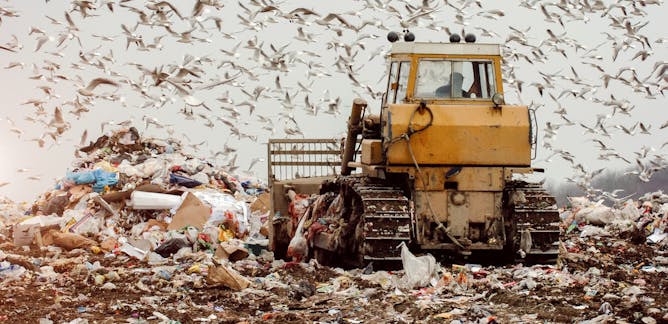
Sahar Seif, Carleton University; Jennifer Provencher, Acadia University
Seagulls have no qualms about sifting through dumps for scraps. But this buffet comes at a cost, filling their stomachs with plastic, glass, metal and even building materials.
| |
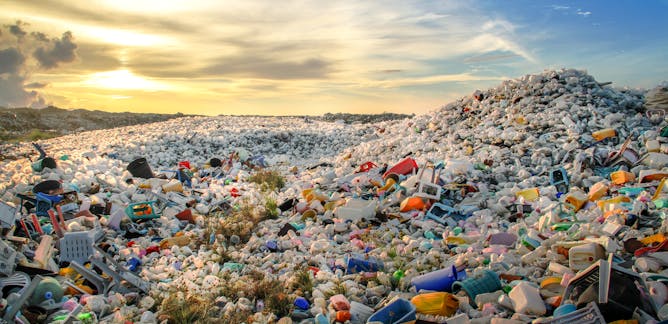
Sharon George, Keele University
Every day we throw away plastic and every day we're reminded of its environmental impact. Why can't something be done about it?
|
|
|
Business + Economy
|
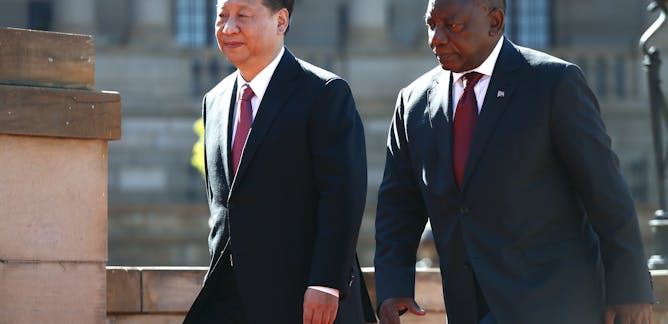
Sanusha Naidu, University of South Africa
The BRICS bloc can't be written off. At the same time it shouldn't be romanticised, given its internal challenges.
| |
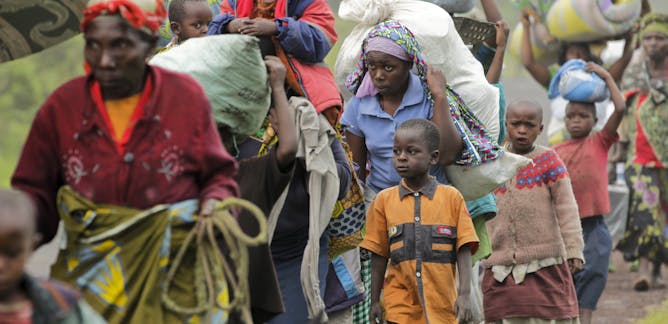
Alan Hirsch, University of Cape Town
The free movement of people between African countries could facilitate economic development.
|
|
|
Science + Technology
|
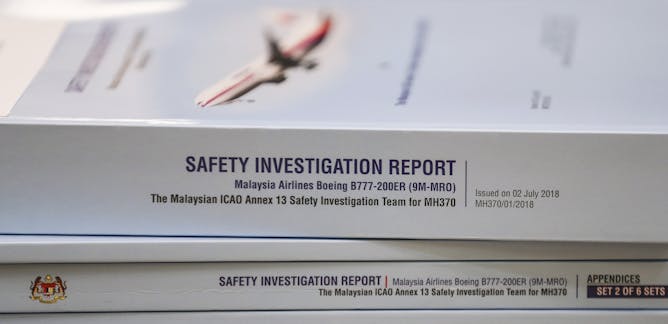
Geoffrey Dell, CQUniversity Australia
A "lack of evidence" didn't help investigators find any cause for the disappearance of Malaysia Airlines flight MH370, but a report recommends further changes to try to prevent such accidents happening again.
| |

Frank J. Cilluffo, George Washington University; Sharon L. Cardash, George Washington University
The difference between probing and mapping and actually attacking depends on the intent of the people doing it, which is hard to figure out and may change. The dangers, however, remain worrying.
|
|
|
Politics + Society
|
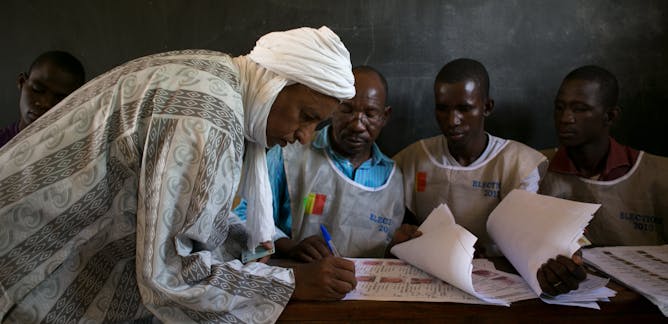
Ylva Rodny-Gumede, University of Johannesburg
In Africa, biased media coverage is one of the reasons voters have little faith in credible elections.
| |
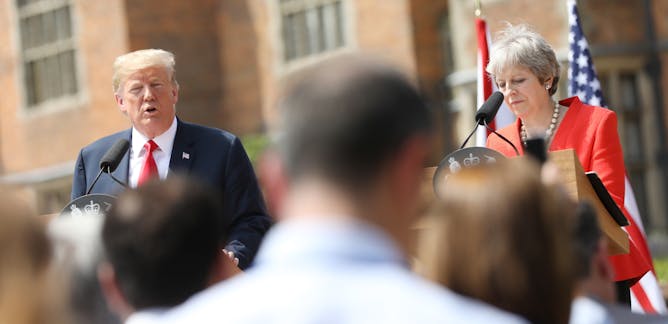
Joshua Habgood-Coote, University of Bristol
‘Fake news’ is a meaningless term that is used for anti-democratic propaganda. We should all stop using it.
|
|
|
| |
| |
| |
| |
| |
| |
|
|
|
|
|
|
|